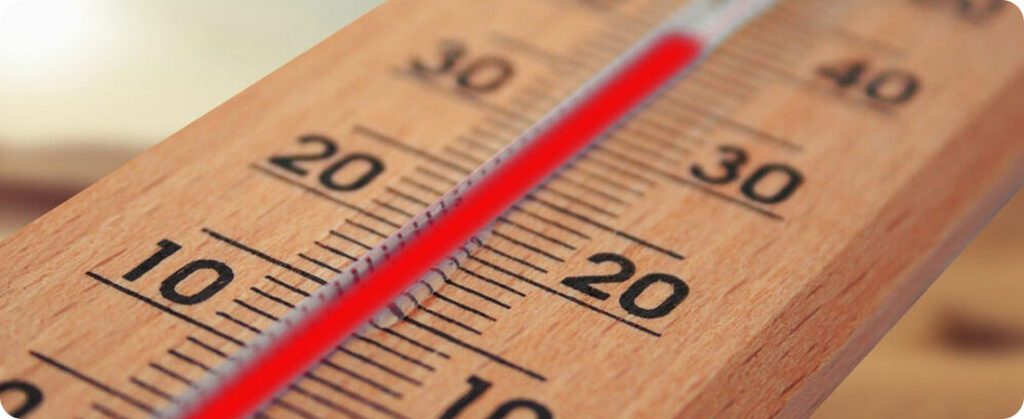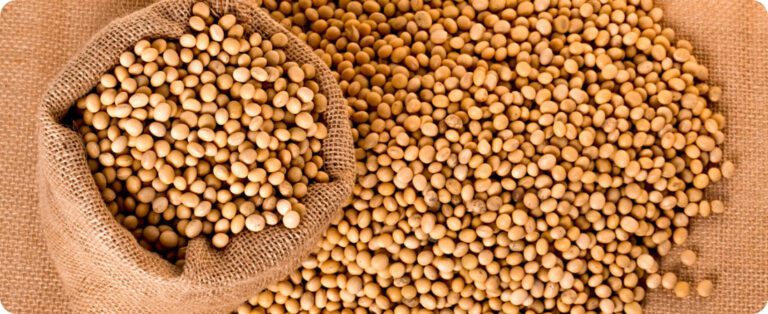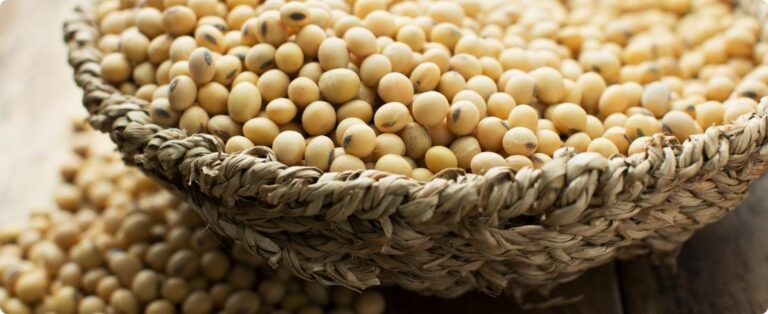
2024 will be the hottest year on record, with a direct impact on global and Brazilian agriculture.
The latest report from the Copernicus Climate Change Service (C3S) confirms an alarming prediction: 2024 is set to be the hottest year on record, exceeding the 1.5°C threshold above pre-industrial levels on an annual average for the first time. Based on the ERA5 dataset, the study reveals that the first 10 months of the year have already seen record global temperatures. This historic milestone not only exacerbates climate change, but also has significant implications, especially for global and Brazilian agriculture.
Impacts in Brazil
Brazilian agriculture, one of the largest in the world, faces increasing challenges due to climate change. Essential crops such as soy, corn and coffee, are highly vulnerable to climate extremes. The intensification of droughts in the Central-West and excessive rainfall in the South directly impact productivity and increase irrigation costs. In addition, the increase in pests and agricultural diseases, favored by the heat, puts entire crops at risk.
Semi-arid regions, such as the Northeast, are expected to face longer periods of drought, while traditionally productive areas, such as the South, are at greater risk of flooding. This climate instability requires the adoption of more resilient agricultural practices and the use of technologies that promote efficiency and sustainability.
Agriculture in the global context
On the international scene, major producers such as the United States, China and India are also facing severe challenges. Changes in rainfall distribution are compromising large-scale crops, affecting everything from wheat in Europe to rice in Asia. In addition, the melting of glaciers is accelerating the loss of water sources essential for agriculture in countries such as India and Pakistan, worsening the global food crisis.
COP29 highlights on agriculture and climate change
The recent COP29 addressed the growing impacts of climate change on agriculture. It also highlighted practical solutions to protect production systems and reduce greenhouse gas emissions.
Among the solutions presented, regenerative agriculture stood out as a promising approach. For example, this practice promotes soil recovery, carbon sequestration and increased biodiversity, contributing to adaptation to new climate conditions. Likewise, technological innovation, such as precision agriculture, biotechnology and artificial intelligence, was widely encouraged to optimize resources and increase agricultural resilience. Most importantly, there was an emphasis on democratizing these technologies for smallholder farmers.
On the other hand, climate finance was highlighted as essential to enable sustainable agricultural practices in developing countries. In addition, the exchange of knowledge and technologies between nations was reinforced as a priority. In short, international cooperation is crucial to accelerate the transition to more resilient and sustainable agricultural systems.
A call to action
COP29 made it clear that food security and environmental protection depend on an integrated approach that connects emissions mitigation and climate change adaptation. Engaging all stakeholders, from farmers to governments and civil society, will be key to implementing effective solutions.
The future of global agriculture requires collective and sustainable actions to face the challenges of an increasingly adverse climate scenario.
Source: Aline Merladete | agrolink















